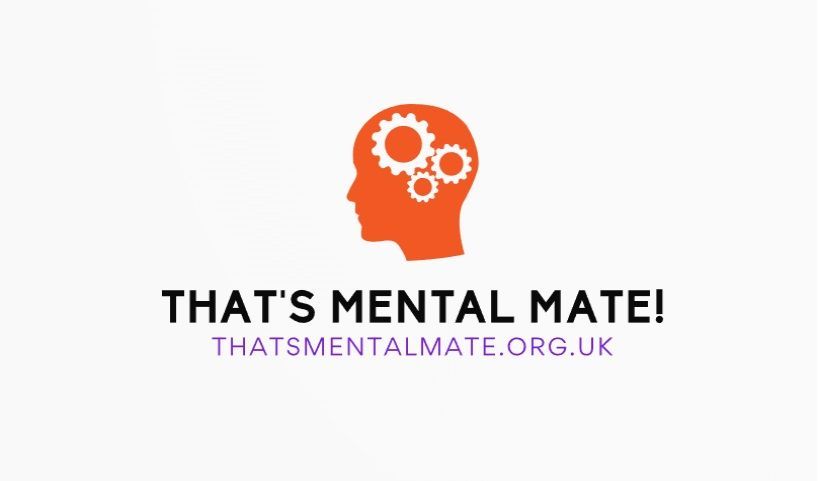Sexual Grooming

Grooming can happen in online spaces as well as in person, by a stranger or someone known. It involves the offender building a relationship with a child, and sometimes with their wider family, gaining their trust and a position of power over the child, in preparation for abuse.
The process of grooming can take place in a matter of minutes, over one conversation, or over long periods of time, in some cases, years.
Sexual grooming refers to grooming where the offender aims to sexually abuse the child.
The aim of sexual grooming is to abuse or exploit in two ways:
1. Online sexual abuse. Children and young people being tricked or coerced into sexual activity over chat, video or photos.
2. A physical meeting. Persuading children and young people to meet them face to face in order to abuse them.
Grooming is also used by offenders with the aim of other forms of abuse, such as criminal exploitation or trafficking children. In all cases of grooming, it is never the child or young person’s fault.
Concerned about a child?
If you have concerns that a child is being groomed, online or in person, you should report your concerns to the police. If you have concerns that a child is at immediate risk of harm, you should call 999.
As parents and carers it is important to understand grooming and act to protect children, as the grooming process aims to normalise abuse or use threatening tactics to continue it, meaning children may not recognise or report it themselves.
Signs of sexual grooming
Grooming works by using patterns of behaviours that allow an offender to make a child strongly believe that what is happening is ok, normal or love, or makes them feel trapped. Some of these behaviours are:
Building a relationship
Grooming is about making a child think that abuse and exploitation is normal, or that they have no choice. Offenders do this by building a relationship and emotional connection with the child.
What might be happening?
- trying to convince the child that they are in a loving relationship as boyfriend or girlfriend
- relationship building over a short space of time – not seeking to be a boyfriend or girlfriend, but to make a quick connection. May be through flattery or pretending to have lots in common
- becoming a mentor to the young person, making them think they are someone who can help them or teach them things
- becoming a dominant figure in a young person’s life, perhaps by having a relationship with their parent or carer
- building a relationship with the child’s family, making them think that they are someone who can be trusted with the child.
Gaining power over a child
In all grooming, the offender will try to gain power over the child, to manipulate or coerce them.
What might be happening?
emotionally intimidating the child by threatening to withdraw their affection or saying things like, ‘if you loved me you would’
telling the child there will be terrible consequences for refusing to do something sexual
mimicking love. If a young person feels they are in love, this gives an offender power
developing a dependency on drugs or alcohol so they can control them through addiction
meeting a need, such as emotional needs, shelter, money
Keeping it secret
In all cases offenders will try to make sure that the child doesn’t tell anyone else about the abuse.
What might be happening?
- telling the child that no one will believe them
- threatening to share secrets that the child has told them
- telling children that they have done something illegal and will be in trouble
- using the above power advantages against the child
What’s different about grooming online?
Grooming happens in very similar ways in person and online, but can be easier for offenders to do online because:
- games, social media, live streaming platforms and chatrooms provide opportunities for them to make contact with children to try to groom them.
- they can create multiple online identities and even pretend to be children and young people to trick real children into chatting and sharing.
- they can find out a lot about children before they make contact by looking at the things the child has posted.
- using this information they can target children and carefully plan what they will say and show an interest in.
- they can also contact lots of children very quickly in the hope that one will respond.
Remember
Many children and young people don’t understand that they have been groomed, or that what has happened is abuse. Even if they tell you, or you find out about the abuse, young people may attempt to keep in contact with the offender and have very mixed feelings about it all, talking with someone external, such as Childline, may help them. It’s also important to let your child know that you are there for them, you know it isn’t their fault and you are willing to support them.
Support
NSPCC UK

We're the UK's leading children’s charity. We’ve been looking out for children for over 130 years – and we couldn’t do it without you.
Find out more about our structure, the way we operate and how we fight for every childhood.


